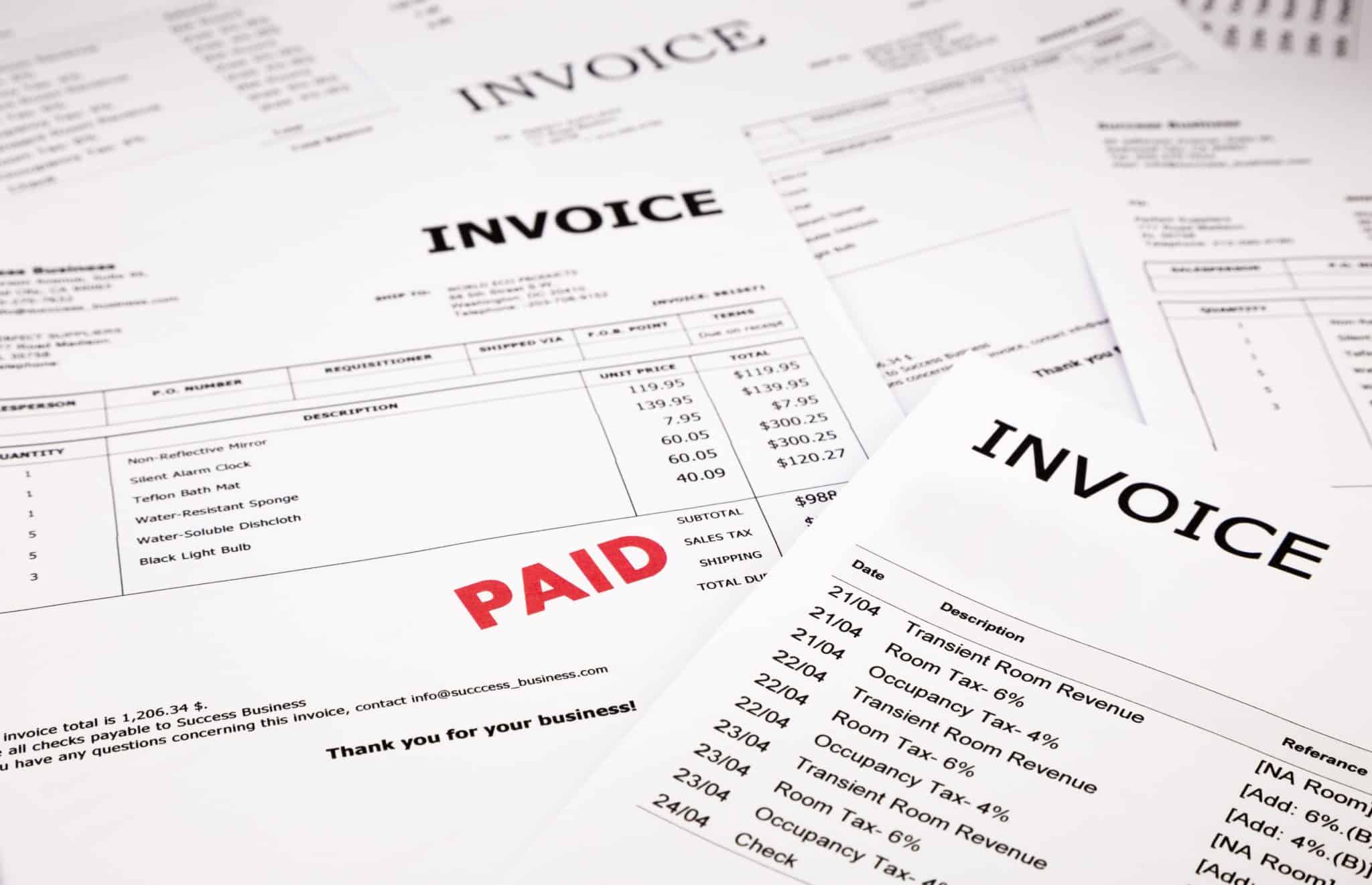
When one co-owner asserts that they have contributed more than their fair share towards property costs, a partition action offers an opportunity to reclaim unequal payments for down payments, repairs, improvements, mortgage payments, taxes, or similar expenditures. California partition law mandates an partition accounting in all such cases and the court appointed referee will compile a report on offsets. This avenue frequently emerges as a swifter, more cost-effective, and efficacious means of resolving offset disputes. A partition attorney being well-prepared when presenting evidence of offsets to a partition referee can streamline the process of requesting offsets, making it more efficient and cost-effective within a partition action.
What are Offsets?
The court in Wallace v. Daley found that: “Every partition action includes a final accounting according to the principles of equity for both charges and credits upon each cotenant’s interest. Credits include expenditures in excess of the co-tenant’s fractional share for necessary repairs, improvements that enhance the value of the property, taxes, payments of principal and interest on mortgages, and other liens, insurance for the common benefit, and protection and preservation of title.” “Where one cotenant has paid more than his proportion of the purchase price of the land, he is entitled on partition to an accounting therefor.”
“Even though one cotenant does not consent to the making of an improvement, since an action for partition is essentially equitable in its nature, a court of equity is required to take into account the improvements which another cotenant, at his own cost in good faith, placed on the property which enhanced its value and to award such cost to him.”
Referee Report on Offsets
While many attorneys believe that all partition cases must be decided by an expensive and time consuming trial, a partition referee may take live testimony, similar to a deposition or remote trial, to obtain evidence related to offset requests pursuant to the authority prescribed under Code of Civil Procedure 873.850.
California Code of Civil Procedure 873.850 is the California partition statute that provides:
When the proceeds of the sale belonging to persons who are parties to the action, whether known or unknown, have not been allocated among such parties, the action may be continued as between such parties, for the determination of their respective claims thereto, which must be ascertained and adjudged by the court. Further testimony may be taken in court, or by a referee, at the discretion of the court, and the court may, if necessary, require such parties to present the facts or law in controversy, by pleadings, as in an original action.
Indeed: “The court may appoint a referee to make a report on the facts and circumstances of the case, and make a recommendation to the court on precisely this primary determination. ([CCP] § 872.820, subd. (b).) Although his or her report and recommendation is advisory, the referee clearly serves as the initial examiner of the facts, and perhaps the law, in a partition action, under the aegis of the appointing court. The referee’s determinations are either accepted by the court, modified, or set aside. ([CCP] § 873.290, subd. (b).)”
For example, one court issued an order that: “The partition referee shall report to the court regarding the allocation and distribution of the net sales proceeds of the Property in accordance with Code of Civil Procedure § 873.850 et seq., including the allocation of the sale proceeds with respect to property costs, income and benefits among the parties.”
Presenting Evidence to the Partition Referee on Offsets
To prepare for the presentation of evidence to the partition referee on an accounting, you will want to summarize all the evidence in an accounting showing how much is being claimed in each category of offsets, such as down payments, mortgage payments, and taxes.
Moreover, co-owners and their counsel should prepare to present the supporting evidence by organizing all of your invoices and receipts as proof of your expenses for which you seek reimbursement. The supporting evidence should be authenticated by way of a declaration that explains the expenditures that you are providing receipts for. You can provide the receipts as the exhibits that are attached to the declaration. Partition attorneys are skilled at organizing evidence in a clear and persuasive manner that can help you prepare your record of expenditures.
What Offsets Can I Request from the Referee?
Offsets requested to the referee generally fall into two categories. First, the referee is often empowered to address property-related offsets, the majority of which will have occurred before the partition is filed. These include taxes, down payments, insurance, repairs and improvements at the co-owned property.
Second, the referee can be empowered to address the costs of partition under Code of Civil Procedure Section 874.010, including attorney’s fees, referee fees, court costs, and other expenses during the partition action. The scope of the referee’s powers derive from the authority granted by the court in the interlocutory judgment of partition or other order of the court.
Talkov Law’s Partition Attorneys Can Help
If you’re seeking resolution for your co-ownership dispute and want assurance of fair reimbursement for your property contributions, turn to Talkov Law for expert guidance on requesting offsets. As California’s foremost experts in partition action, having Talkov Law’s partition attorneys by your side means legal strategies tailored to maximize your benefits. For a free consultation, call (844) 4-TALKOV (825568) or reach out online today.






